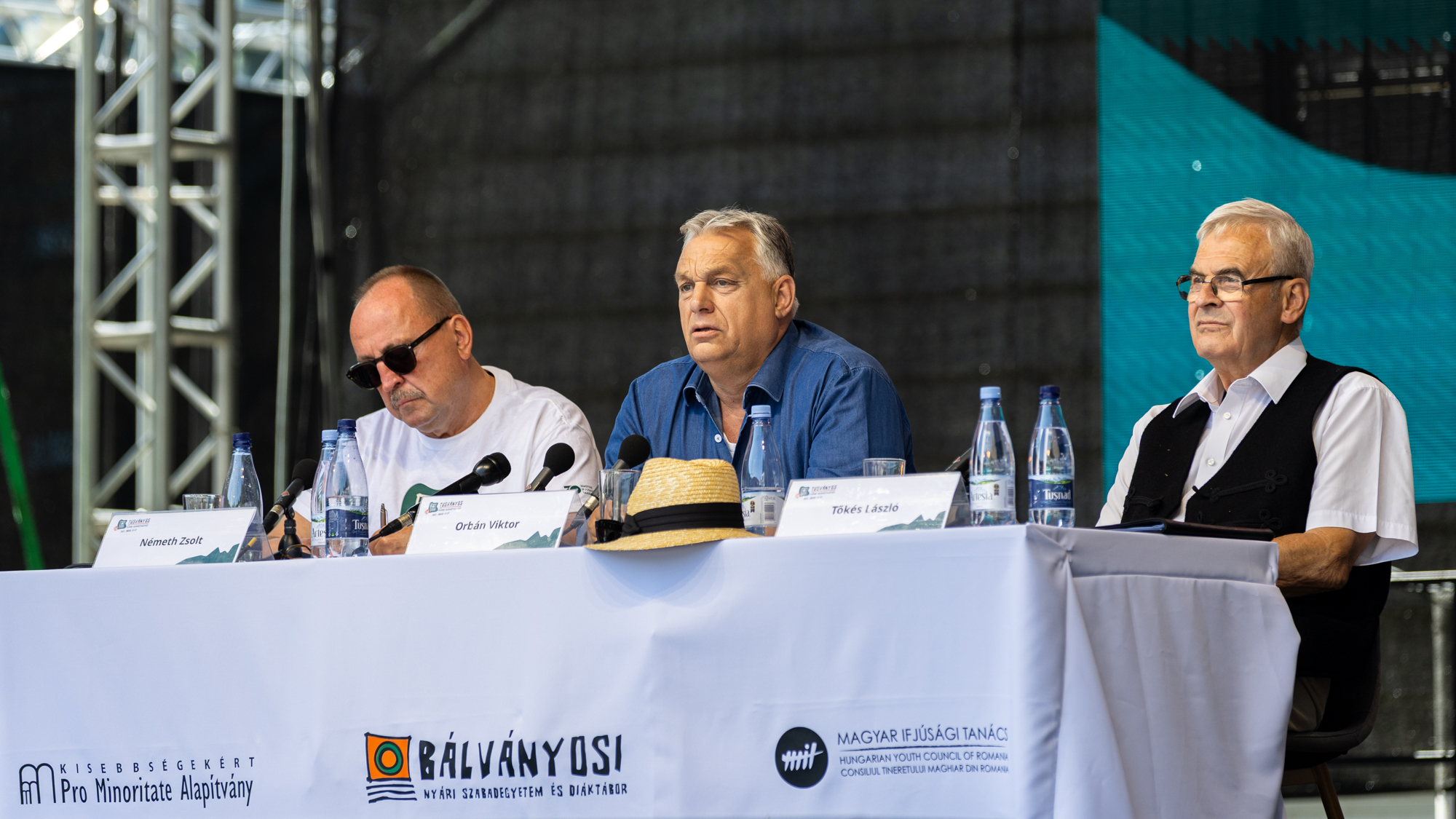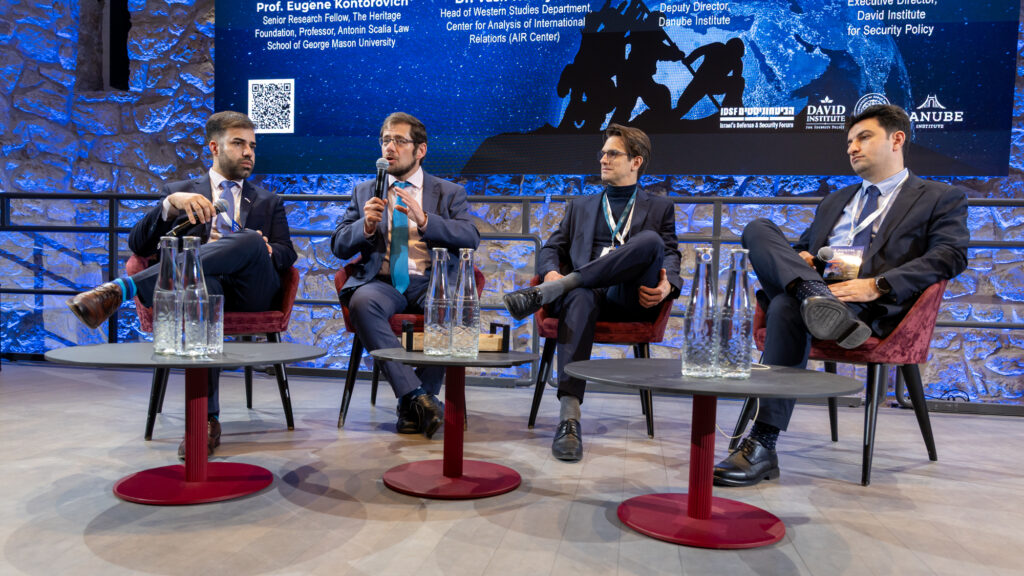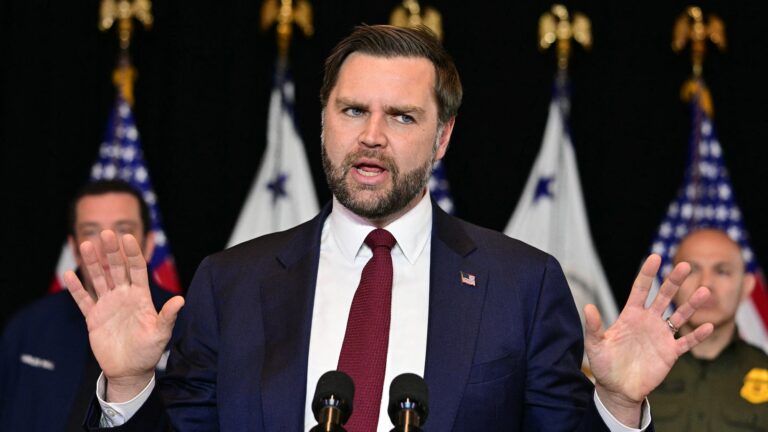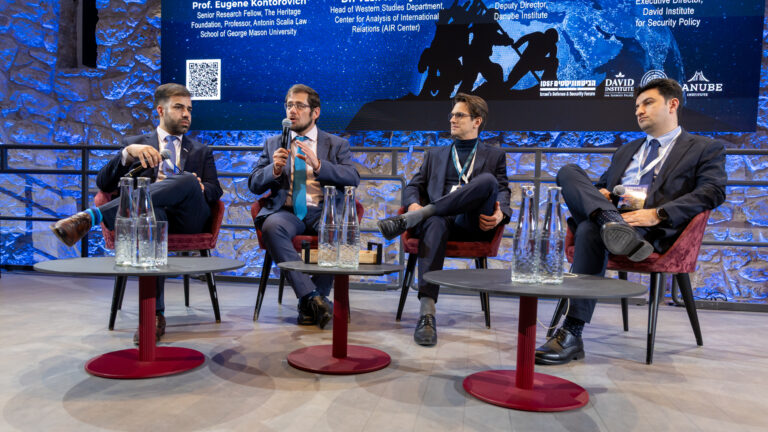Hungarian Prime Minister Viktor Orbán delivered his annual speech on Saturday at the 34th Bálványos Summer Free University and Student Camp, commonly known as Tusványos, in Băile Tușnad (Tusnádfürdő), Transylvania, Romania. As usual, Orbán laid out a broader geopolitical vision, assessing the current international situation and defining Hungary’s role within it.
Opening his address, Orbán noted that this would be his last lecture of the current term, adding that he intends to return next year to deliver an opening address as a prime minister. He stressed that the 2026 elections would be an open contest, with no guaranteed outcome—everything would depend on the will of the electorate. Internal polling shows that Fidesz would win 80 single-member districts if elections were held this Sunday, but that figure falls short of the 87 won in 2022. ‘Why should we settle for anything less in 2026?’ he asked.
Orbán emphasized that the national government will always stand up for ethnic Hungarians beyond Hungary’s borders, and he urged Hungarian communities abroad to likewise stand up for themselves. Reflecting on his meeting with the Romanian Prime Minister, he said he had spoken with a serious Romanian patriot—someone who thinks within the same ‘code system’ as we do. In his view, there is potential for shared Romanian–Hungarian success, provided that Romania is able to overcome its current economic difficulties.
Orbán went on to announce the formation of the Digital Civic Circles, an initiative aimed at strengthening the conservative community in the digital sphere. In today’s world, he argued, a community only functions if it has a digital presence. A national algorithm must be created, as part of a broader process of ‘digital land-taking’. He underlined that right-wing communities must also gain ground online, which currently serves as a platform for hostile propaganda.
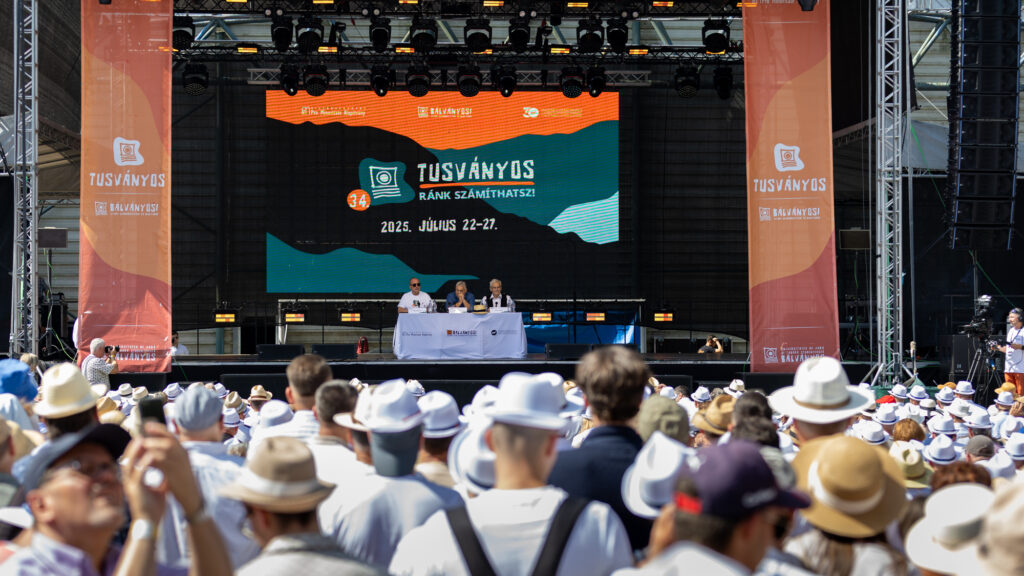
The Doctrine of Neutrality
Turning to global affairs, Orbán asserted that the possibility of a world war has not vanished. In 2024, 184 armed conflicts were recorded across the globe; the arms race has intensified, the world economy is becoming increasingly divided into blocs, and migration is on the rise—all signs, in his view, pointing towards the threat of war. According to the Prime Minister, there are now three ‘Suns’ in the sky: an American, a Chinese, and a Russian one—a reference to one of his earlier Tusványos speeches. The global order is fragile, and if it collapses, only regional survival zones will remain.
In this context, Hungary’s strategic objective is to stay out of war. To this end, Orbán laid out five pillars:
- good relations must be maintained with the centres of power—with the exception of Brussels, this has already been achieved;
- a precise, self-defensive military force must be developed;
- artificial intelligence must be advanced under national control;
- human resources must continue to be developed, particularly in higher education;
- Hungary must not isolate itself within any single bloc, but instead strive to maintain a balance between East and West.
According to Orbán, Europe is no longer a project of peace: ‘The EU has decided to go to war. Even if the United States pulls out, they will continue.’ Hungary, in contrast, does not wish to engage in warfare—although, as he noted, Brussels believes that this would require a pro-war government. Orbán declared firmly that he would not allow such a government to assume power: neither Tisza nor the Democratic Coalition (DK) would be permitted to govern. He described the EU’s budget proposal as a war budget, with 20 per cent of the funds allocated to Ukraine. Hungary rejects the proposal—not even accepting it as a basis for negotiation. ‘Until we receive our withheld funds, there will be no new EU budget,’ he declared.
In his view, the EU’s approach to crisis management consistently involves the curtailment of member state powers. Over the past decade, the Union has let go of the United Kingdom—a sovereigntist country—while now seeking to admit Ukraine, which is far easier for Brussels to control. ‘It’s madness, but there is a method in it,’ Orbán remarked.
Hungary’s Grand Strategy
Later in his speech, the Prime Minister reflected on Hungary’s grand strategy: ‘In 1920, we were defeated, and a decision was made that Hungary should be small and poor. Our task is to change that fate. Hungary shall be great and rich.’ He stressed that this objective must be achieved not through population importation, but through a family-oriented national policy. As an example, he noted that mothers with two children in Hungary are exempt from personal income tax, and that opportunities are being provided for young people to acquire homes of their own—even at prices lower than monthly rent.
Addressing the issue of migration, Orbán warned: ‘To the west of us, countries have become mixed societies, where major cities will soon have Muslim majorities. Population replacement is already under way.’ He added that the expulsion of Christianity—especially following the legalization of same-sex marriage—has deprived Western countries of their self-defence mechanisms. Hungary, by contrast, enshrines in its constitution the nation-preserving role of Christianity—something, he said, the West does not understand.
In conclusion, Orbán declared: ‘A sovereign Hungary means that we live the way we want to live. No one else should tell us whom to live with, how to raise our children, or whether we should go to war. Today, we still make these decisions—Hungary is still a sovereign country.’
Related articles:

